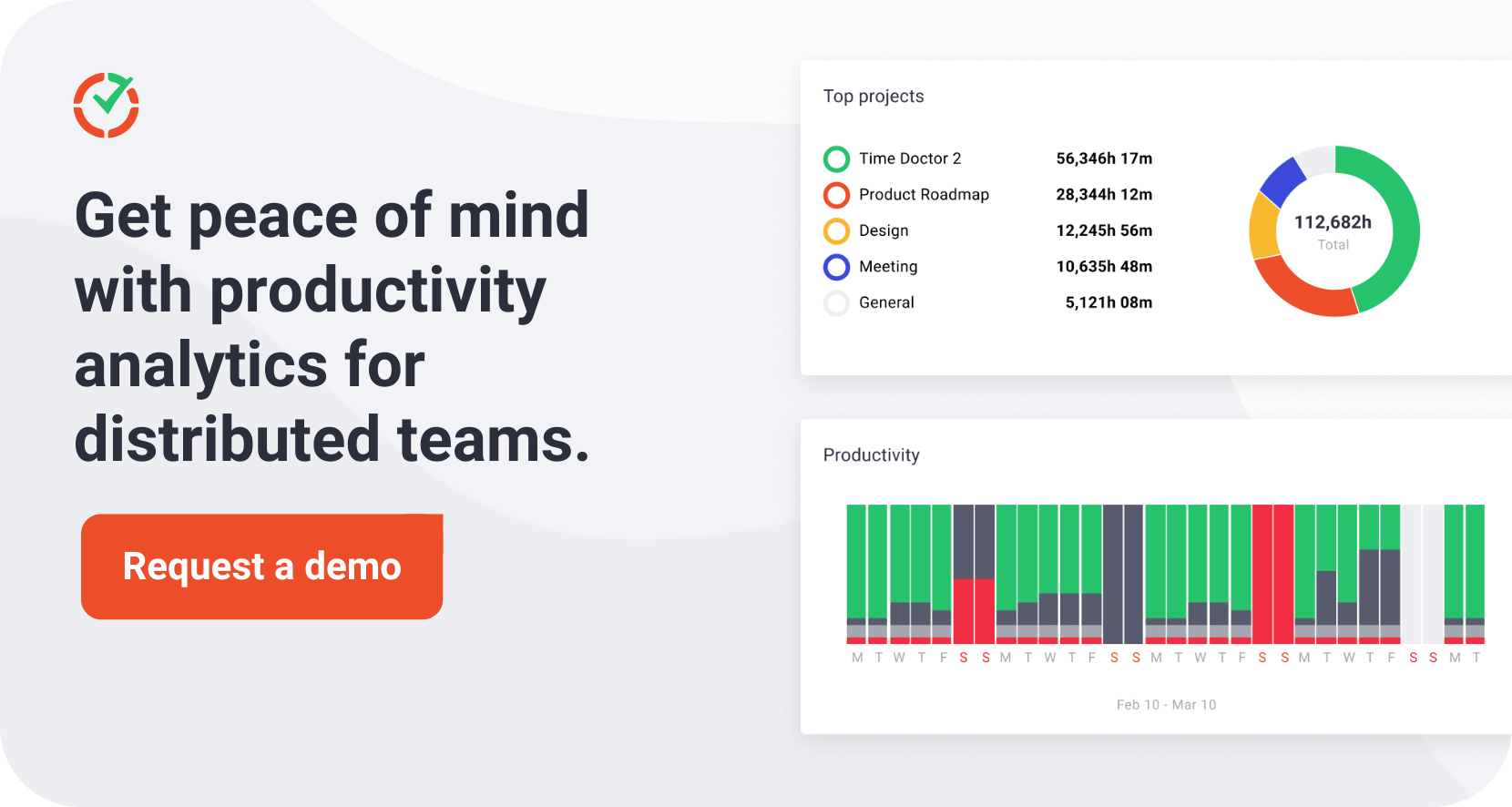27
Business efficiency is critical to success in today’s dynamic business landscape. A performance culture places great emphasis on efficiency, productivity and optimization.
To create and maintain such a culture, management must set the tone, define expectations, and supply the required resources and support.
Basics of an efficient work culture
Core values
Core values are the cornerstone of an efficient workplace culture. They supply direction and guidance for all of the organization’s activities. Accountability, transparency and continuous progress are the cornerstones of this culture.
Transparency within the exchange of data
Information exchange must be transparent in any respect levels. Transparency builds trust and promotes informed decision-making.
Responsibility
Accountability creates a way of commitment and responsibility. Persons are liable for their actions and results.
Continuous improvement
An attitude of continuous learning and adaptableness is ingrained. Continuous improvement ensures that procedures and methods are continually improved to attain excellent results.
These guidelines improve organizational efficiency and help employees feel coordinated and purposeful, motivating them to work toward common goals.
Strategies for effective management
Transformational and servant leadership styles
Transformation leaders encourage and have interaction their teams through a transparent vision and support for innovation. Servant leaders prioritize the needs of their team members, enabling them to achieve their full potential and contribute to organizational goals.
Making a collaborative environment
Encourage decision-making and trust amongst team members. Create an environment where teamwork is valued, increasing collaboration and productivity.
Workflow optimization
Implement policies and procedures to streamline processes and take away bottlenecks. Ensure efficient allocation of resources and keep lines of communication open to facilitate smooth operations.
Use of automation and technology
Integrate automation and technology solutions to reduce errors and reduce manual work. Use technology to extend efficiency and effectiveness in a wide range of tasks.
Promoting a culture of efficiency
Create an environment where effectiveness is valued and supported. Lay the muse for long-term performance development and organizational success through effective management practices.
Effective management techniques, including transformational and servant leadership styles, collaborative environments, optimized workflows, and the usage of automation, are critical to supporting performance and success in organizations.
By prioritizing these strategies, management can create a culture that values effectiveness, resulting in sustainable improvement in organizational performance and growth.
Worker motivation and commitment
An efficient company culture relies on motivated and engaged employees. Management must spend money on strategies that help employees feel fulfilled, purposeful and have a way of belonging.
Frequent feedback, reward programs and skill development opportunities can significantly increase staff engagement and excitement. When employees feel valued and responsible, they work harder.
Many individuals agree that there’s a strong connection between engaged employees and company success. Engaged staff display higher levels of creativity, productivity and teamwork, which improves results.
Management can boost worker morale and unlock their potential by fostering an open and supportive work environment that encourages individuals to specific their thoughts and concerns. This approach results in increased productivity and efficiency in all areas.
Evaluating and maintaining effectiveness
Management must create systems to trace and evaluate performance to be certain that performance stays a top concern and changes over time.
Key performance indicators (KPIs), productivity measures, and performance dashboards are only a couple of examples of tools that supply actionable details about how well organizational procedures and projects are performing.
Management can increase efficiency by identifying areas for improvement, allocating resources properly, and making data-driven decisions by monitoring appropriate metrics.
Furthermore, performance requires a commitment to constant evaluation and modification. Frequent audits and reviews help locate inefficiencies and bottlenecks so management can quickly take corrective motion.
As corporations negotiate changing market dynamics and operational issues, flexibility and agility are critical. To make sure long-term performance and resilience, management promotes a culture of learning and experimentation that allows teams to innovate and adapt to changing requirements.
Application
In today’s dynamic corporate world, success comes all the way down to constructing a productive company culture. Leadership has a serious influence on the event of this culture by adopting core principles, implementing effective tactics, and supporting worker development and success.
Corporations can achieve a piece climate that fosters productivity and creativity by prioritizing openness, accountability and continuous improvement.
Because management is liable for maintaining organizational culture, they need to continuously monitor it, understanding that efficiency is a method, not an end, to achieving excellence and long-term success.

